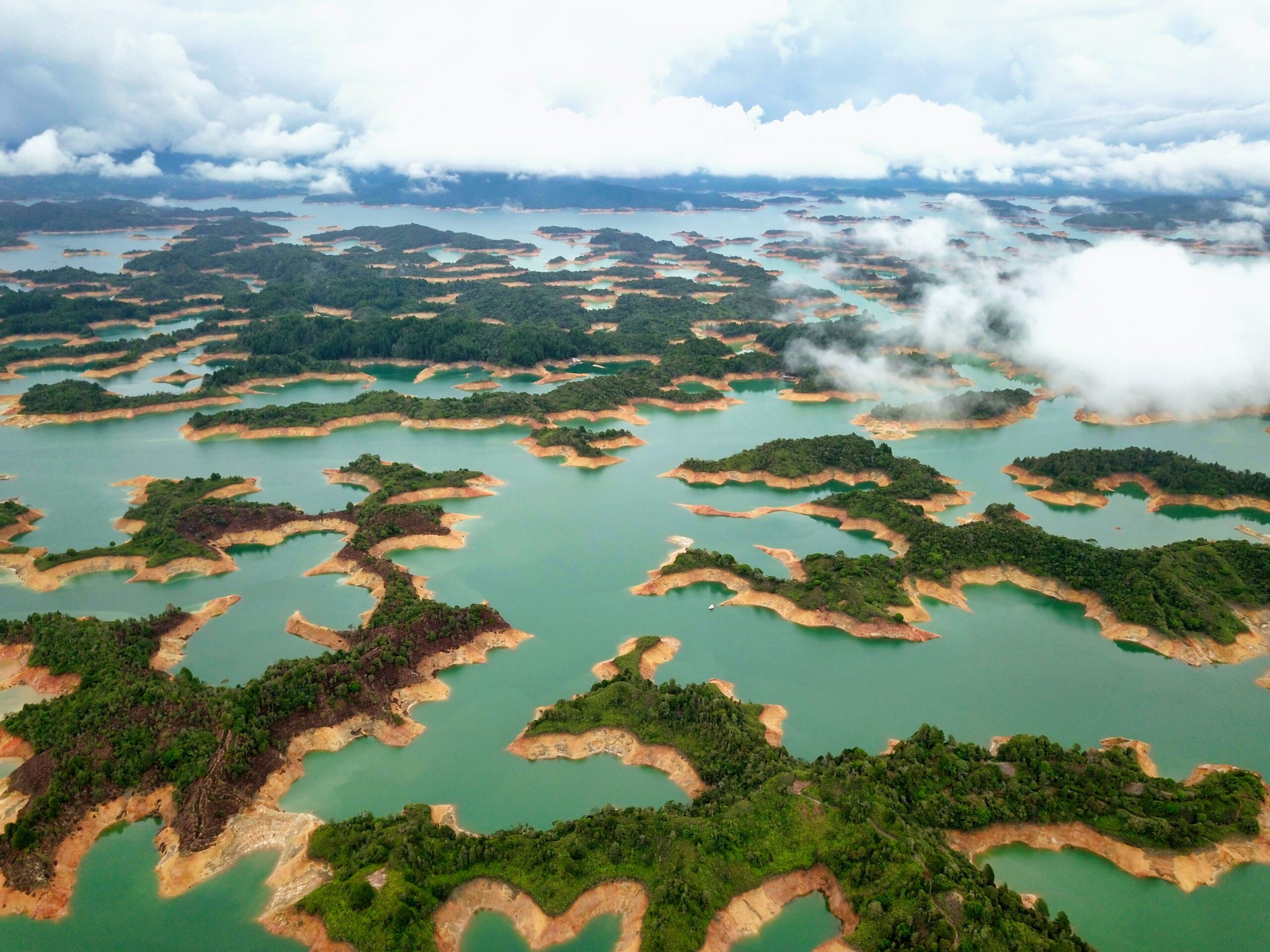
This article was originally published on Phys.org.
“Nature is significantly degraded across much of Europe, impacted by factors such as infrastructure construction, intensive agriculture and forestry, and the disappearance of naturally occurring, large-bodied animals such as large carnivores and bison.
This is the finding of new research published today by a coalition of NGOs and research institutes, consisting of a series of maps and policy papers which provide policy-makers with critical and effective new tools to decide why, where and how to restore nature using rewilding principles.
The policy papers demonstrate the urgent need for European politicians to prioritise nature restoration in the upcoming EU Biodiversity Strategy to 2030. Using ecological integrity as a baseline, the tools can help identify EU-level priority areas and corridors that need to be protected and restored to improve the overall coherence and connectivity of the Natura 2000 network.
The highlight of the papers is a series of new maps which, by helping to identify priority areas for landscape-scale nature restoration across the EU, can deliver critical new connectivity between Europe’s Natura 2000 sites. Integrating a range of different data sets, the maps can be used in conjunction with local data to inform and guide policy makers as they plan and deliver nature restoration. These maps come at an opportune moment—the European Commission is due to announce its 2030 Biodiversity Strategy by the end of April 2020.
…Ecosystems managed according to rewilding principles, and therefore regulated by natural processes, require zero or few management costs relative to systems dependent on constant human intervention. In many rural areas with increasingly depressed economies, rewilding can create opportunities for new businesses such as ecological restoration, wildlife watching and sustainable use of natural resources. Ecological restoration according to rewilding principles thus provides new opportunities for managing land that is otherwise economically unproductive in a cost-effective way and delivers a suite of ecosystem services with benefits to people and the environment.”
Read on at: Phys.org.












